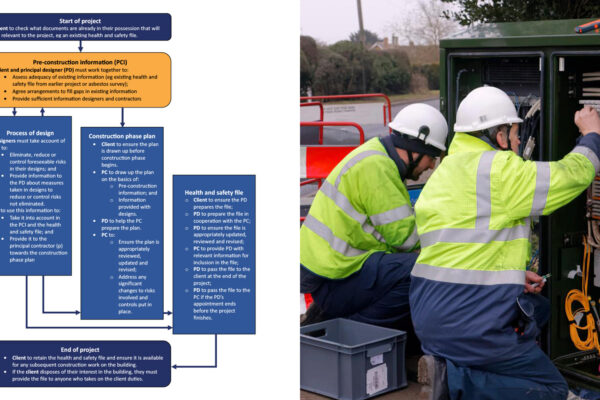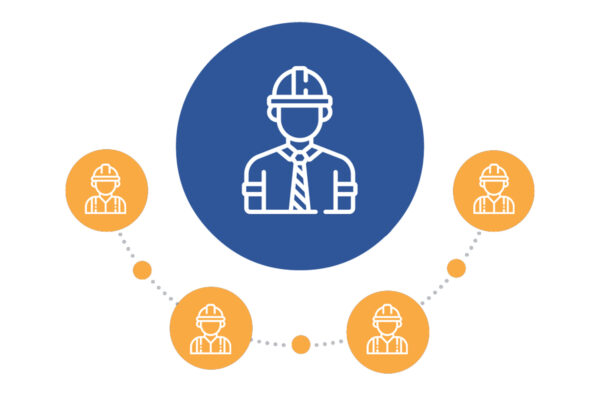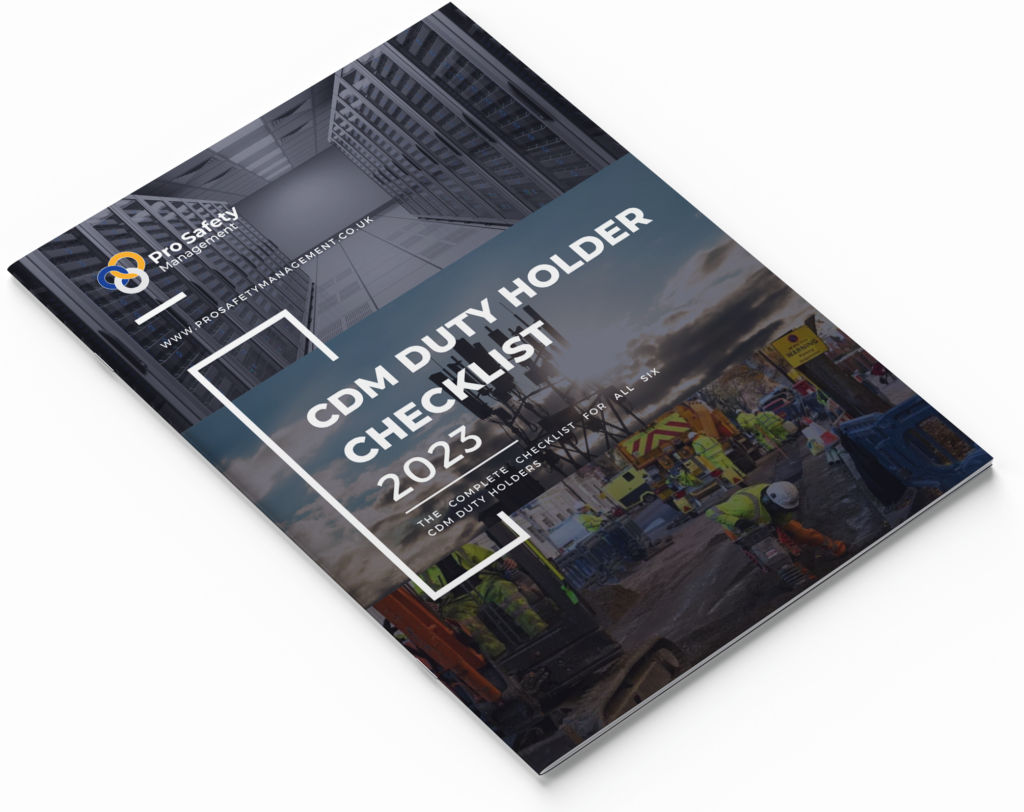Why is Health and Safety Important?
As a business owner or manager, you are probably keen to understand why health and safety is so important. How does it apply to your workplace, and what do you need to do to make sure you are doing right by the people you work with? No matter what line of work you are in, there are always potential hazards, so the importance of health and safety can’t be overstated. Taking care of health and safety is a key element of being a good employer.
This post will help you understand the importance of health and safety, by outlining some of the implications involved:
- Moral
- Legal
- Financial
Moral
It seems like common sense that you want to keep people safe and healthy, but how does that work in practice? Your number one priority when it comes to health and safety is to protect the people you work with from injury, ill-health, and distress. Creating a safe working environment isn’t just about preventing accidents. It’s about building a culture of trust and compassion in your organisation.
When people don’t feel safe, the primordial instincts of self-preservation kick in. Their cortisol levels rise, they freak out and end up in fight, flight, or freeze modes. This is when accidents are even more likely to happen. If a workplace is stressful and uncomfortable, people will not be happy coming to work, absenteeism will rise, and productivity will be low.
You want your staff to be safe, of course, but you also want them to feel happy about coming to work. To do this, you need to look after their well-being by being proactive in protecting their health and safety, and making people aware that you have their best interests at heart. Provide clear information about health and safety assessments and procedures, offer training, consult with employees and keep the lines of communication open.
The first thought when it comes to health and safety is that you are working with, and caring about, people. If you are a compassionate and empathetic employer, you want to do the best by the people you work with. Pay attention to health and safety, and your workforce will be healthier, happier, and more loyal.
Legal
As well as a moral responsibility to take care of health and safety, you also have a legal obligation. There are various laws and regulations in place to enforce health and safety measures, such as the The Health & Safety at Work Act (1974), The Workplace (Health, Safety & Welfare Regulations) (1992) and The Management of Health & Safety at Work Regulations (1999). These laws make health and safety a matter of criminal liability, which means that breaches of regulations could lead to fines and even prosecution.
You might be wondering why the law needs to involve itself with health and safety. Many of the regulations may seem common sense, but the laws are in place to hold employers to account, and for the protection of workers’ rights. It gives powers to the inspectorate to check and serve notices on workplace conditions, and rights to employees to make complaints or report health and safety concerns without risk of being fired. An employer can face charges of criminal negligence if they haven’t fulfilled their health and safety duties sufficiently.
Whatever the size of your business, you really want to avoid any risk of criminal charges, fines, and loss of reputation that would be involved in a case of health and safety negligence. This is the kind of muck that sticks, and it’s difficult to recover from. Prevention is always better than repair, so make sure that you know the laws and regulations relating to health and safety, get training and advice on any areas that concern you, get an organisational health and safety policy in place, and do everything ‘reasonably practicable’ to protect the people you are responsible for.
Health and safety is a serious legal issue, and a logical and reasonable concern for you to care about. Protecting your employees according to the law will also keep you safe from the hands of the law. It will strengthen your reputation as a responsible and fair employer, and save you a lot of administrative and financial bother at the same time.
Financial
You might be worrying that the moral and legal responsibilities of health and safety are expensive, but in fact it is in your financial best interests to keep on top of things. Your approach to health and safety can have a serious impact on your business, both in terms of the costs you might incur from health and safety breaches, and from the hidden costs of the effect of health and safety on productivity, reputation, and workforce morale.
You can easily count the financial repercussions of compensation claims, medical expenses, administrative and legal fees, fines, and increased insurance premiums, but the intangible finance of health and safety is often overlooked. It pays to account for the effect of poor health, safety, and well-being on absenteeism, staff turnover, and disruptions to production, not to mention damage to brand reputation, and future business.
It makes good business sense for you to invest in health and safety. Preventing risk or accident and occupational stress will protect you from more substantial costs, as well as legal and administrative headaches, further down the line. Invest in clear advice and training to find out what you need to do, and spend the money to maintain high health and safety standards in your workplace conditions to keep your personnel safe and happy.
Maintaining health and safety standards will not only reduce overt costs, but also improve the efficiency of your organizational structure, and the enthusiasm and goodwill of your workforce and customers. The bottom line is that you can’t afford not to take health and safety seriously.
Yes, health and safety is often common sense, but it is also a serious issue that you can’t afford to ignore. For the sake of your conscience, but also your legal and financial security, you need to make sure that you do what you can to satisfy your responsibilities towards the health and safety of the people you work with. That means keeping yourself well-informed about how health and safety concerns your organisation, focusing on good leadership and communication, and taking responsibility for your team. You will rest easier knowing that you have done the best by people, and your workplace will be a safer, happier and more rewarding environment.
Does your organization take health and safety seriously? Leave a comment below if you have any questions.





